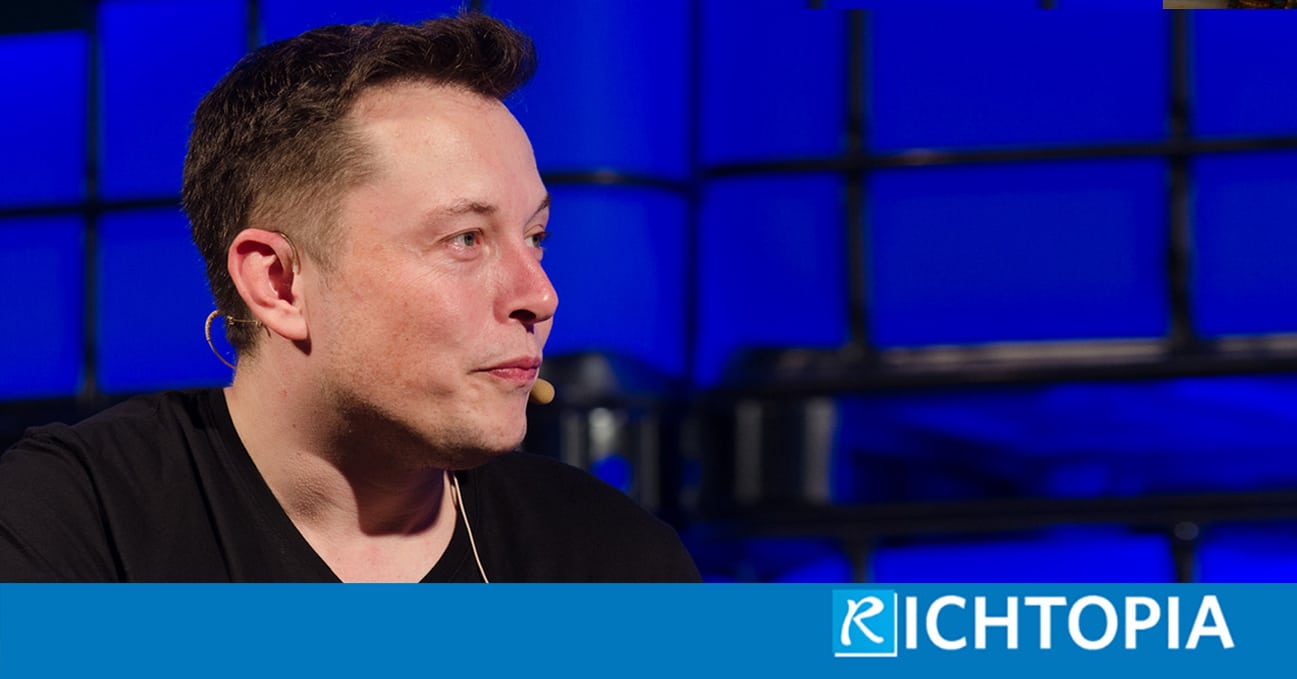You can confidently say that risk-taking is synonymous with entrepreneurship. When starting, no entrepreneur is sure of the future. And, the survival rate for new companies isn’t as high as one would hope.
According to the Global Entrepreneurship Monitor, there are over 582 million individuals in this world in the process of starting up or running their own company. However, a staggering 50% of new start-ups fail within five years, and 8 out of 10 fail within the first year.
For those who do make it through those crucial years, taking risks is fundamental for encouraging development and growth. Fear of failure can even become an obstacle for entrepreneurs.
The stories behind many of today’s most prominent brands often include difficult, high-risk decisions; whether this is releasing an album with no promotion or marketing, or investing your’ last $35 million’ in a venture during the height of the global financial crisis.
Our friends at FXTM have investigated some of the biggest challenges that leading corporations such as Tesla, Oracle and Virgin have faced during their development, and the difficult decisions their founders made to overcome them.
Financial Risk
Entrepreneurs often encounter financial strains in the first few years which force them to take financial risks.
Take Pandora Radio, one of the most extensive music streaming and internet radio services. They currently have over 81 million active users and can be found in 26 locations across the US.
However, it’s safe to say; this has not always been the case.
There was a point in Pandora’s journey (2001) where 50 employees had agreed to defer their salaries because the company was out of money. It wasn’t until 2004 that the financial state of the company started to recover when they received a very generous investment. Their founder, Tim Westergren, even claimed that he had maxed out 11 credit cards in the process. In this case, Westergren’s risk-to-reward ratio worked in both his and his employees’ favour as Pandora Radio’s net worth reached $3 billion in 2017.
Business Strategy
In other scenarios, it can be the initial business plan that poses a potentially huge risk.
In 2013, Beyoncé sparked controversy when she went against the standard marketing approach of releasing an album. Instead of creating a buzz through various interviews, promotions and singles, she dropped the album just before midnight with no promotion. The only giveaway was an Instagram post teasing her 100 million followers that said ‘surprise’.
What also came as a surprise was the multimedia package that came with the album. In her ‘visual album’, fans were treated to 14 tracks and 17 music videos featuring stars including Drake, Jay Z and Frank Ocean.
The self-titled album Beyoncé sold 80,000 copies in the first three hours, and beyond 1 million copies worldwide after six days.
Personal Risk
Entrepreneurs can also be faced with decisions which have an impact on their personal life as well as their career.
Bill Bartmann (former CEO of Commercial Financial Services) built his fortune in 1986 when he ran the nation’s biggest debt collection company. In 1998, an anonymous letter sent to the US credit rating agencies prompted investigations from the American Government. Bartmann was faced with 57 counts of fraud. The accusations totalled to a maximum of 600 years in prison.
The investigation revealed that the company’s Executive Vice President Jay Jones had funnelled around $63 million in assets to a shell company known as Dimat Inc. This company was financed by advances from Commercial Financial Services (CFS) shareholders, who also had ownership stakes in CFS. The case was a public affair in the United States, and CFS was forced to cease operations.
Although very much aware of the severity of his charges, Bartmann chose to call no witnesses during the trial and maintained his claim that he did not know about his partner’s fraudulent activities.
The risk paid off. Bartmann was found innocent and acquitted of all charges. Yet, despite receiving a public apology from the American Government, Bartmann lost a total of $3.5 billion.
Entrepreneurs Encouraging Risk-Taking
Serial Entrepreneur Richard Branson has never been shy of risk-taking whether this is signing controversial bands to his record label or selling his first-ever start-up to pursue a new venture.
He is now worth over 5 billion USD and supports risk-takers with his not-for-profit organisation Virgin Start-Up. Here he relates to budding entrepreneurs starting a business with very little capital, and encourages his philosophy of ‘take risks, don’t avoid them’.
So far, the organisation has lent a total amount of £3,400,000 and funded over 400 businesses.
You could argue that many of these organisations would not be where they are today if they did not take the risks they did back when they were starting.
You can find out more about Branson’s story alongside other famous entrepreneurs and companies including Elon Musk, Dyson, FedEx, RedOctane and more before they became successful.
What huge risk would you take?
Disclaimer: Richtopia is not an intermediary, broker/dealer, investment advisor, or exchange and does not provide services as such. The opinions about taking rusks in this post are those of the author. Please conduct independent research when taking risks and do not rely on the views published on this page for entertainment and informational purposes.






